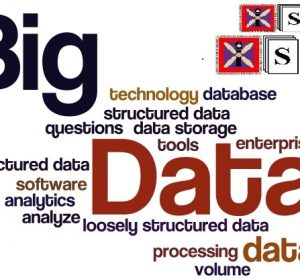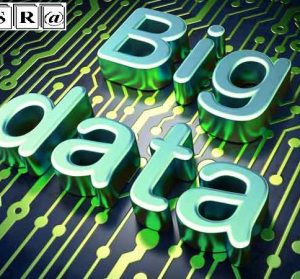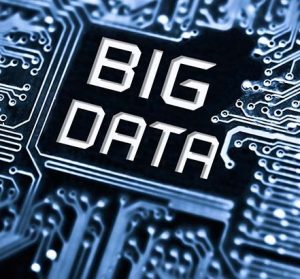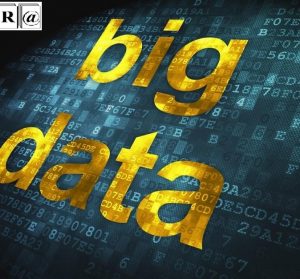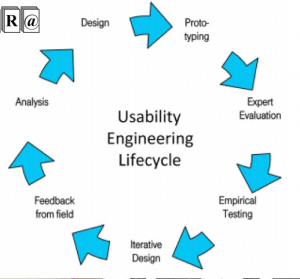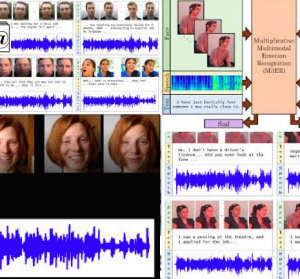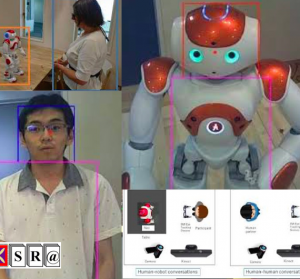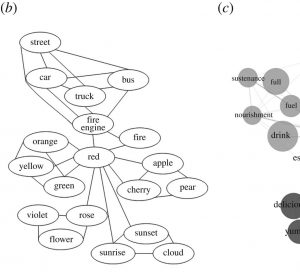De-identification and Privacy Issues on Bigdata Transformation
Abstract As the number of data in various industries and government sectors is growing exponentially, the ‘7V’ concept of big data aims to create new value by indiscriminately collecting and […]
De-identification and Privacy Issues on Bigdata Transformation Read More »
